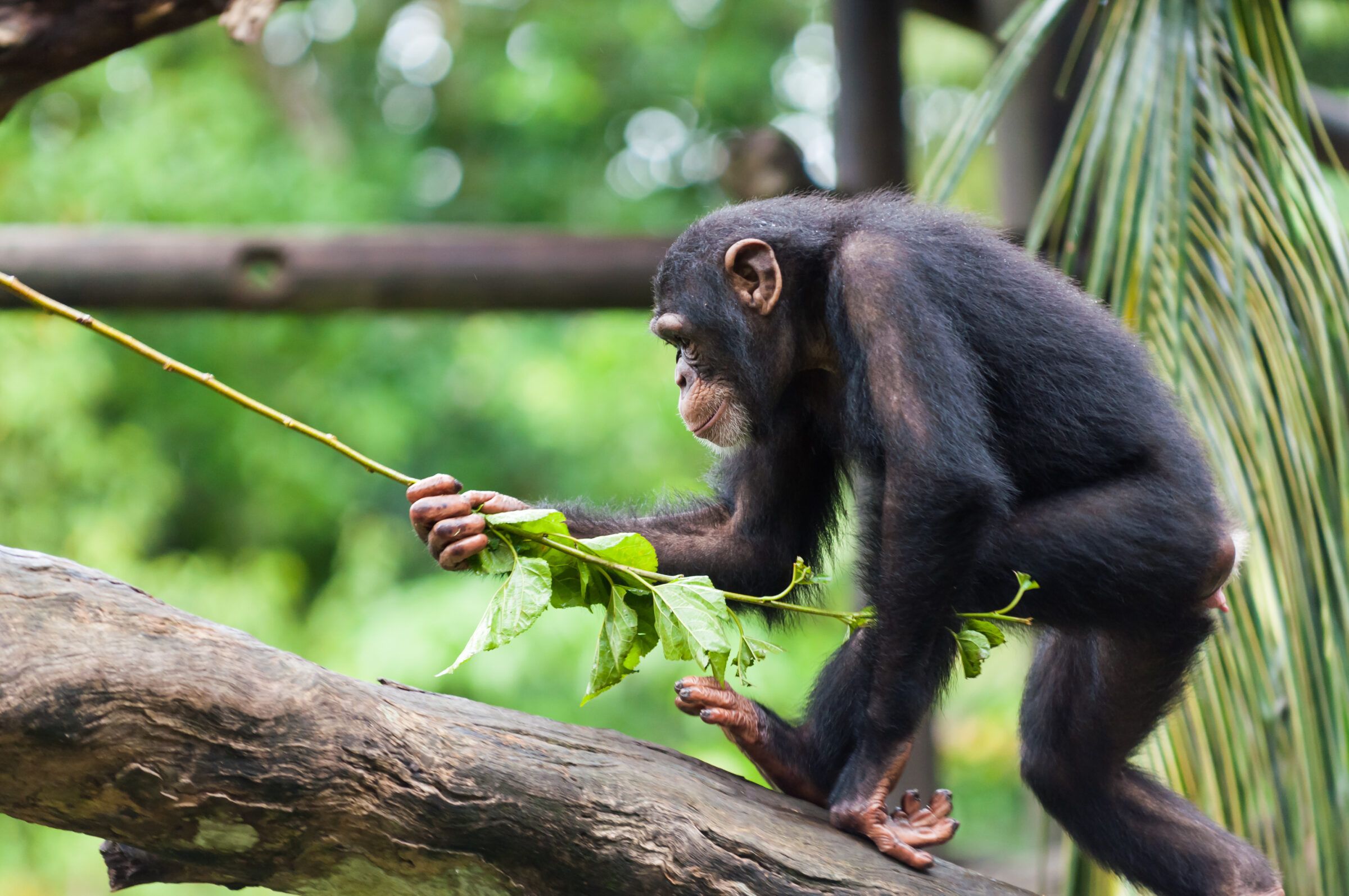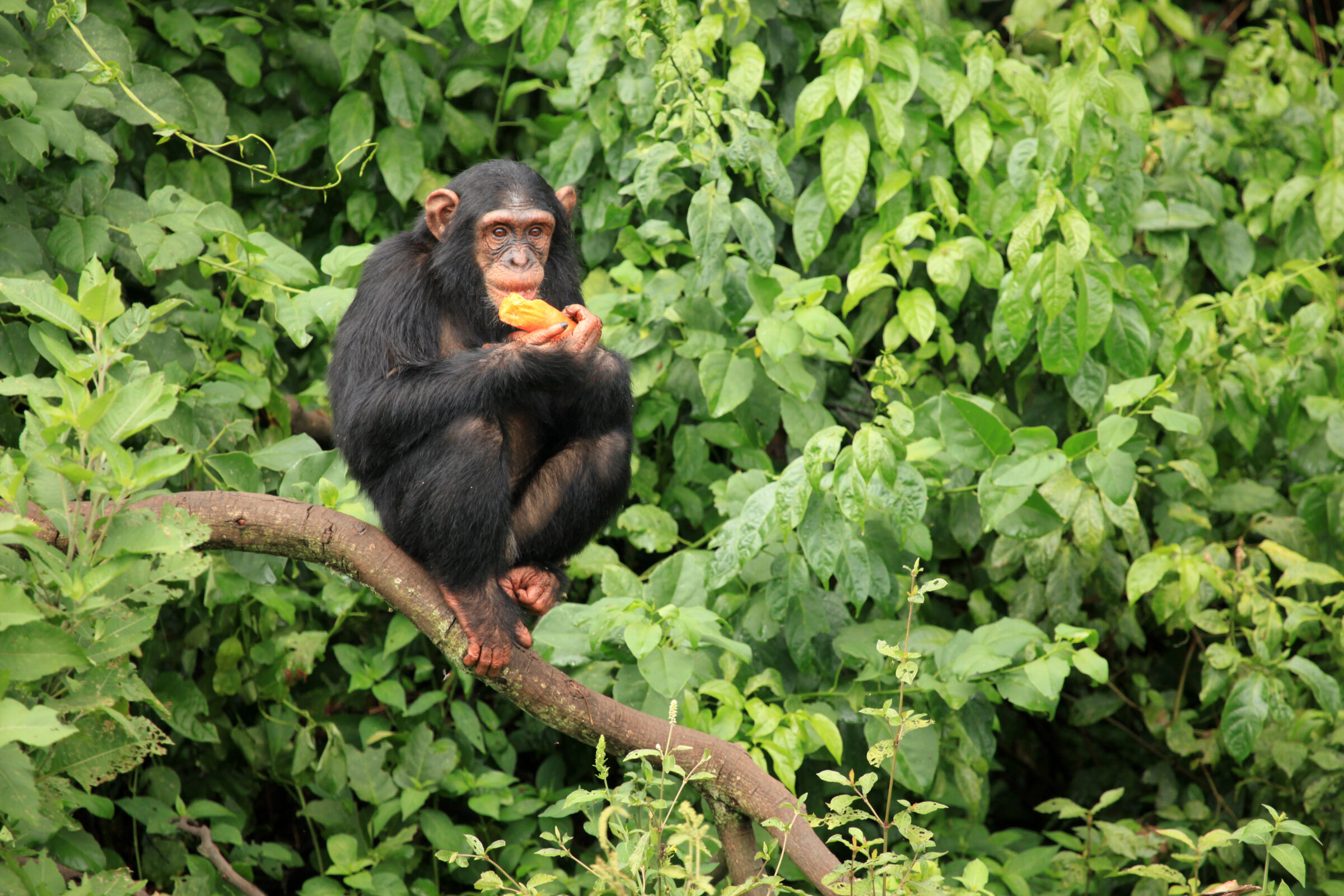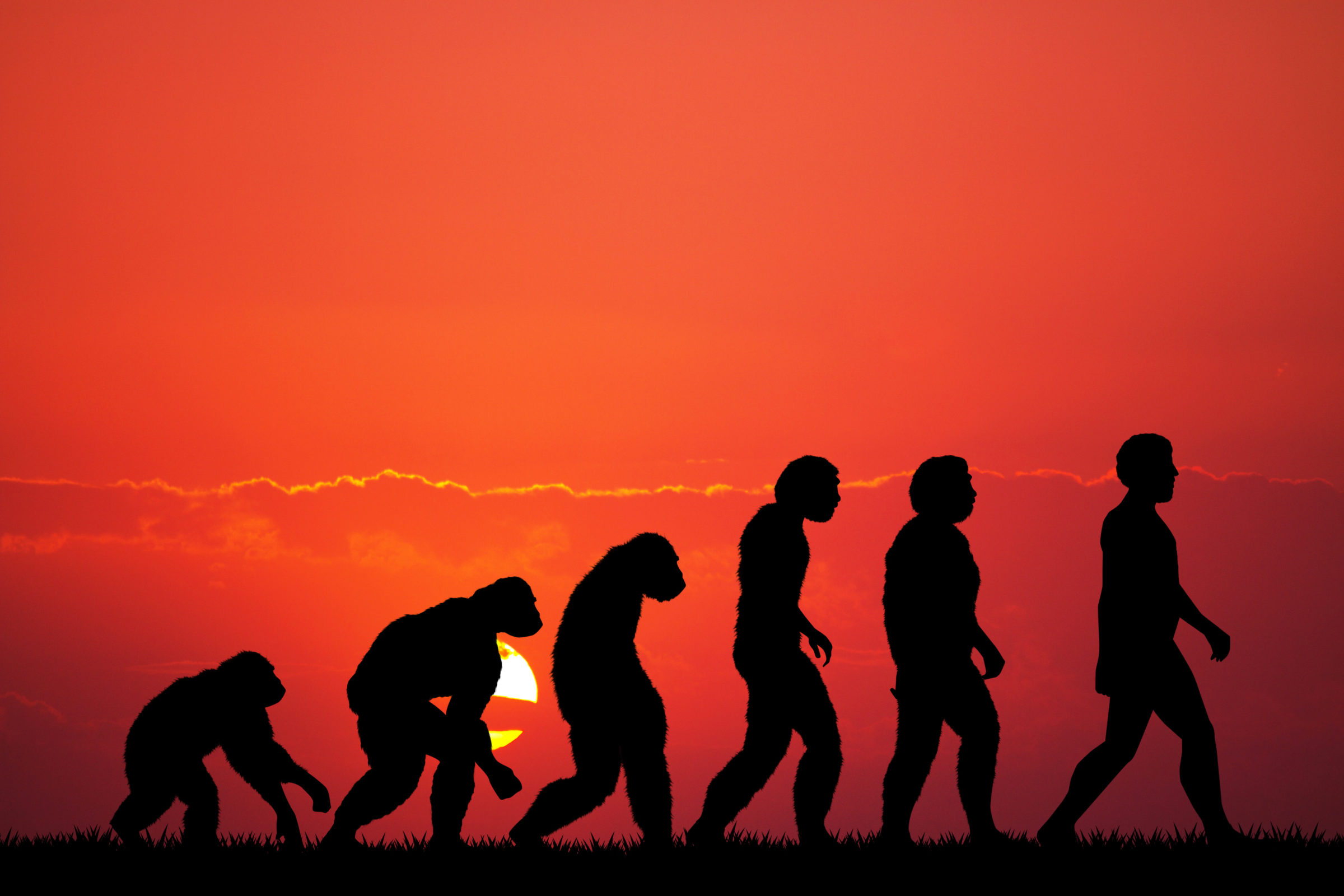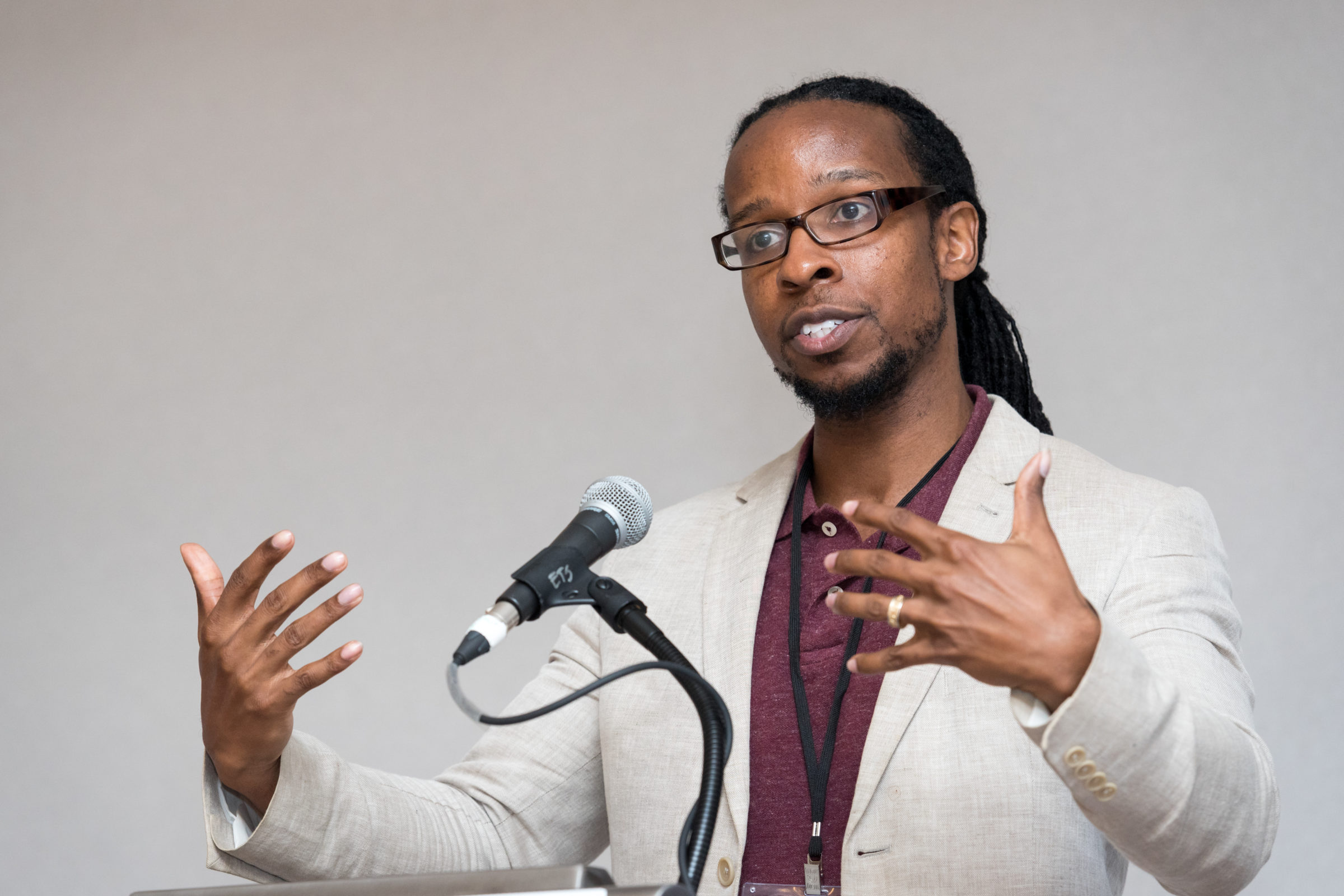


Why Does the Proposal for Chimp–Human Hybrids Keep Coming Back?

Asking Questions Demonstrates Human Exceptionalism

American Foundation for Suicide Prevention’s Anti-Suicide Walk Ignores Assisted Suicide
The American Foundation for Suicide Prevention is holding an overnight walk in Washington, D.C., on June 3 to fight suicide. From the “Why We Walk” promotion for “Out of the Darkness“: As you walk over 16 miles from dusk till dawn, you’ll find support and understanding in a community of others affected by suicide. Together, we will help put a stop to this leading cause of death. That’s great. But do the ads or promotional material even mention that Washington, D.C., legalized assisted suicide several years ago? Do they mention that people who ask for assisted suicide are almost never offered suicide prevention? And do they mention that studies are now showing a connection between assisted-suicide legalization and increasing suicide rates generally? Do the walk materials mention the issue at all? Not that I could find. In fact, the AFSP’s website apparently never mentions the issue at all — even though assisted suicide is one of our most contentious public-policy controversies. I searched for “assisted suicide,” “medical aid in dying,” and “MAID” and came up empty. Unless I missed it, the Foundation either ignores the issue altogether or hides it so deep in the bowels of its website that it is unfindable. I don’t mean to pick on the AFSP. Most suicide-prevention organizations ignore the assisted-suicide-advocacy elephant in the room. Perhaps they are afraid of controversy. Perhaps they aren’t really opposed to assisted suicide, which would make them pro-some suicides. Indeed, one such organization has actually recommended those who ask for assisted suicide should not be offered suicide prevention! To be true to their calling, anti-suicide organizations should oppose all suicides and should work publicly against laws that permit its facilitation. Failing to do so is an abdication of the life-saving responsibilities that these organizations have assumed.

‘Human Evolution’ Is a Misnomer

Prof: We Shouldn’t Necessarily Value Humans Over Other Animals

Donna Rice Hughes Warns about Obscenity Crisis

Kendi: Election of Obama Harmful to Racial Equity

The Perils of Declaring Racism a ‘Public Health Emergency’
